Joseph McCann: The failures that let violent criminal back on the streets
- Published
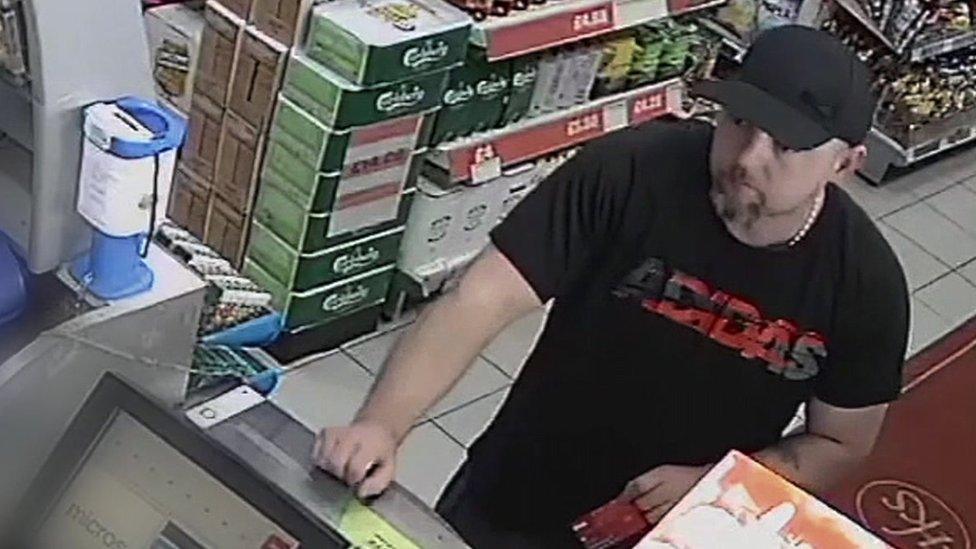
Joseph McCann had a history of violent offending and should have been recalled to prison
The crimes of serial rapist Joseph McCann shocked the country and sparked a nationwide manhunt. But he was a violent offender out on licence from prison. How did justice system failures leave him free to start his spree?
Joseph McCann struck terror and fear into his victims.
One teenage girl, who'd been held at knifepoint and raped in front of her young brother, said he had eyes of "pure evil".
Although the 34-year-old never appeared in front of the jury during his trial, his threatening and menacing presence was clear from the testimony of those he attacked - and it seems to have been a theme throughout his life.
Born in February 1985, McCann had problems controlling his anger as a child and was in trouble with police from the age of 11, before going on to commit a series of offences including theft, criminal damage and handling stolen goods.
While in his teens, there were warning signs of his tendency to carry weapons when he was convicted of possession of a bladed article.
Then, in 2008, aged 23, he was jailed for a violent burglary at the home of an 85-year-old man. He broke in through a side door and threatened the pensioner with a knife.
McCann was said by his barrister to be "thoroughly ashamed" of what he'd done. According to a newspaper report of the court case, his "goal" was to live a crime-free life and provide for his family legitimately. He'd missed the birth of his partner's first child because he was in prison and would be locked up when she gave birth again.
But because the judge considered him to be dangerous, McCann was ordered to serve a sentence of Imprisonment for Public Protection (IPP), which meant that after a minimum term of two-and-a-half years he'd be freed only when the Parole Board decided it was safe to do so.
These sentences, designed to protect the public from dangerous prisoners, were scrapped in 2012. They formed part of the recent row between political parties over the release of London Bridge attacker Usman Khan.
It's an indication of how entrenched McCann's offending behaviour was that the board rejected his applications for parole three times, in 2010, 2012 and 2014.
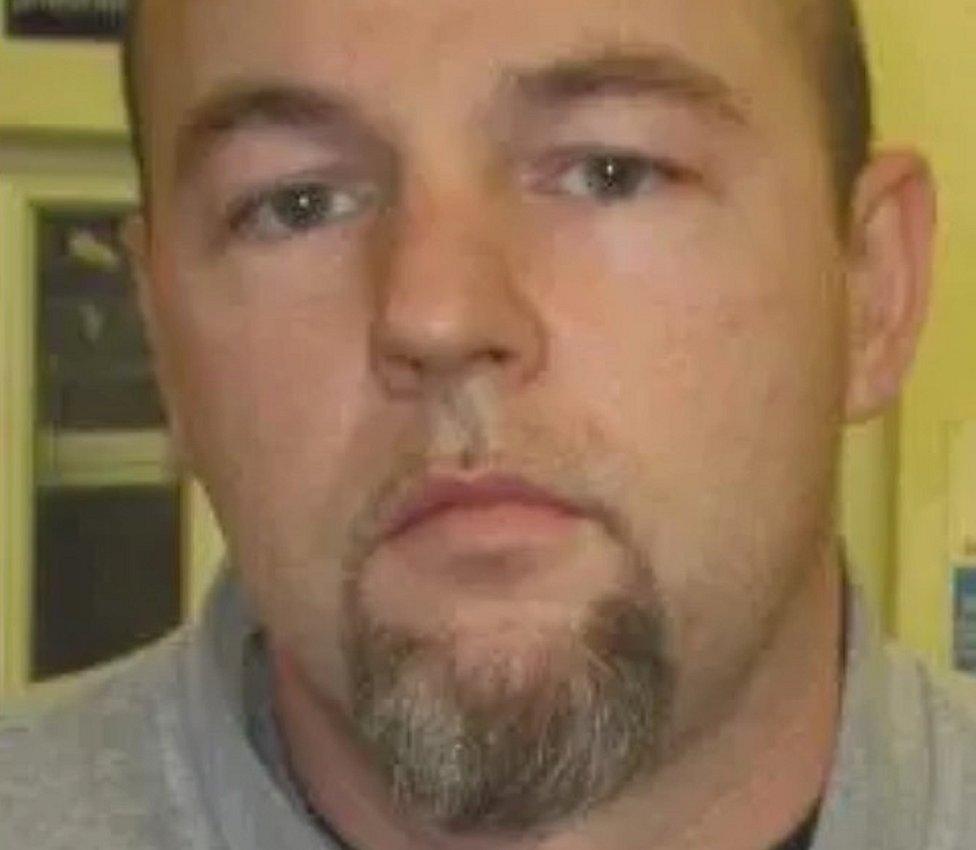
McCann's crimes sparked a nationwide manhunt as he kidnapped and attacked women and children
However, while in prison, in an effort to convince the authorities he could be safely let out, McCann completed a wide range of rehabilitation programmes, among them courses on thinking skills, victim awareness and building healthy relationships.
He was moved to a unit at Wymott Prison, Lancashire, for inmates with complex offending needs, including those with a personality disorder. He was also sent to Warren Hill jail, in Suffolk, which specialises in helping prisoners show they are suitable for release through a programme of "risk reduction".
By the time of his fourth parole hearing probation and prison officials said McCann's behaviour had improved, and he was freed in March 2017 on condition that he stay initially at an approved premises, also known as a bail or probation hostel, abide by a curfew, undergo drug testing and inform the authorities of any new relationship he entered into.
But within months McCann was back in trouble. He was arrested and charged with burglary and, in August, remanded in custody.
Crucially, however, the authorities had not followed the correct procedures.
Because McCann had been on licence from prison when he was arrested, he should have been recalled to jail - a process that would have ensured the Parole Board was informed by the Probation Service about his case. But that didn't happen.
The failure to do so was hugely significant - it meant the board had no control over decisions about his future release.
"There were shocking consequences, life-changing consequences," said Prof Nick Hardwick, who was chair of the Parole Board at the time.
"If the case had been referred back to the Parole Board, as it should have been, he wouldn't have been re-released and those awful events wouldn't have happened."
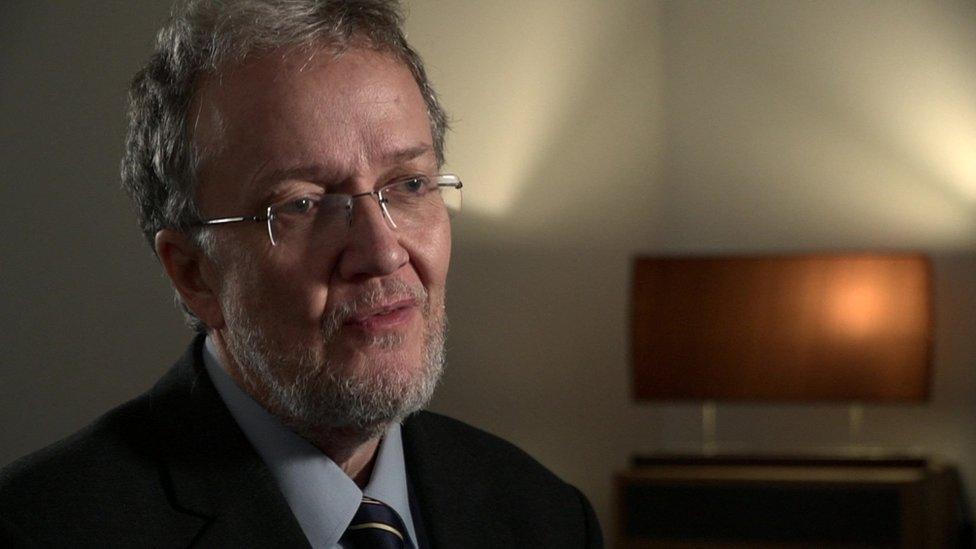
Nick Hardwick, former chair of the Parole Board, says wider failures in the system must be looked at
In January 2018, after being found guilty of burglary, McCann was sentenced.
Luton Crown Court heard that he'd broken into a house, stolen car keys and, along with an accomplice, driven off in two BMWs.
Judge Richard Foster said McCann had told the jury a "pack of lies" and described his record as "appalling".
He noted the offences had been committed while on licence, telling him: "You're pulling the wool over the eyes of your supervising officers."
Judge Foster acknowledged that McCann's case should have been referred to the Parole Board. "You certainly should have been recalled," he said, suggesting it was not too late to do so.
"You will serve three years in custody... to run concurrently with your current sentence if you are recalled," he said, adding that his jail term should not be reduced because of "time served" in prison while on remand.
But in spite of being given such a heavy hint by the judge, the recall process was not applied, the Parole Board was not informed about the case and time served on remand was counted as part of his sentence.
As a result McCann was dealt with as any offender given a fixed-term, or determinate, sentence would be. He was released at the halfway point, after 18 months, in February 2019.
Two months later, he began his devastating spree of offending.
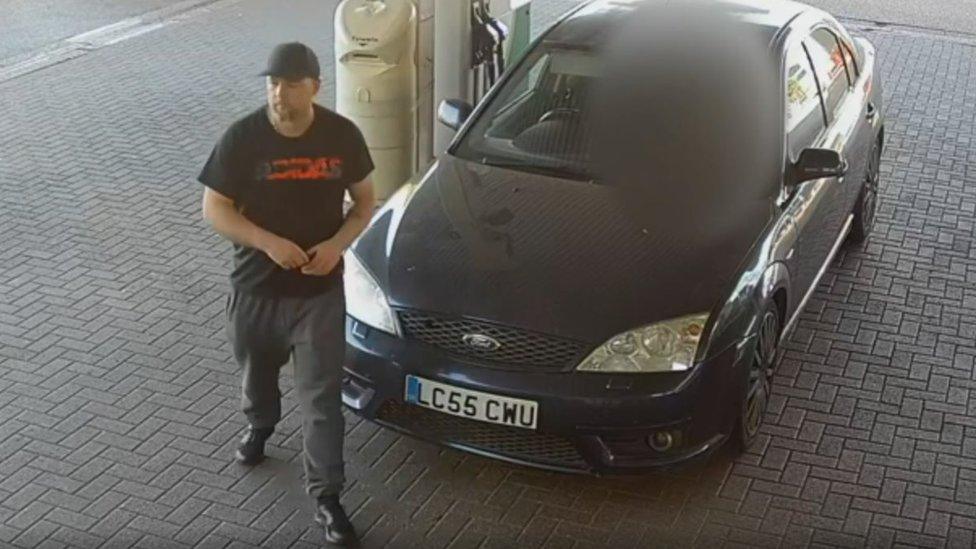
McCann left one of his victims in the car as he paid for petrol at the start of his offending spree in April 2019
Had McCann been referred to the Parole Board, it would not have considered his release until the summer. A panel would have assessed his case in great detail and the expectation is that he would not have been let out at that stage.
Questions about the failure to notify the board centre on the National Probation Service - and in particular, its office at Watford, Hertfordshire, where McCann's case was being handled.
Ian Lawrence, general secretary of the probation union NAPO, said there was a variety of problems there, including a number of senior staff changes.
"It was pretty much chaos in the office in terms of the supervisory system," he told BBC News. "It was not a happy place."
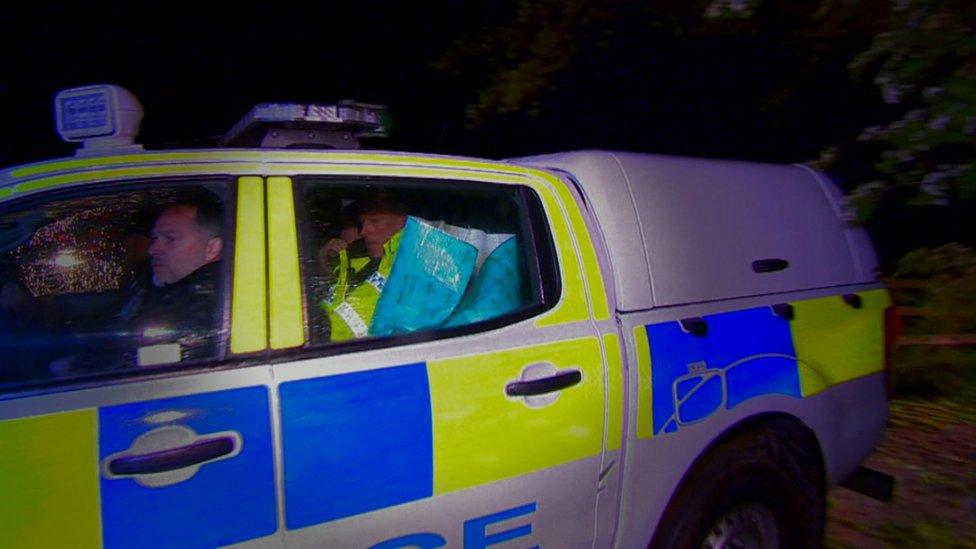
McCann, wrapped in a blue sheet, was finally arrested by police after hiding up a tree for several hours
In September 2019, an inspection report found that performance in the wider region was undermined by workloads that were "too high", with officers having to manage an average of 42 cases each.
The report said there were "significant staff shortages", with gaps filled by agency workers, and identified problems assessing the threat posed by offenders.
"Staff did not sufficiently analyse the risk of serious harm or consider victims and potential victims," it added.
As a result of the failings, four probation officers from the Watford office faced disciplinary proceedings, one of whom was found guilty of gross misconduct and has since been demoted.
Two other workers were investigated for poor performance, including their handling of the McCann case. One employee was sacked and the contract of the other individual, who was from an agency, was terminated.
But Nick Hardwick believes individual members of staff should not be made scapegoats for more fundamental weaknesses within a system that has had to contend with budget cuts and a controversial re-structuring in 2014.
"What we don't know is whether the context of the pressures and resource shortages the probation service are under were contributory factors," he said.
"So, it's no good just looking at the person on the front line who made the decision - we need to look at the wider system failures here to see where the buck should stop."
Dr Jo Farrar, chief executive of HM Prisons and Probation Service, offered sympathy to McCann's victims for his "appalling crimes".
"We recognise that there were failings and we apologise unreservedly for our part in this," she said.
"We are committed to doing everything we possibly can to learn from this terrible case."
In addition to action against those who managed McCann's case, she said the organisation was taking "significant steps to improve intelligence-sharing between agencies".
New mandatory training on recall is being developed for all probation officers, and guidance on when prisoners should be recalled has been updated, added Dr Farrar.
- Published4 December 2019
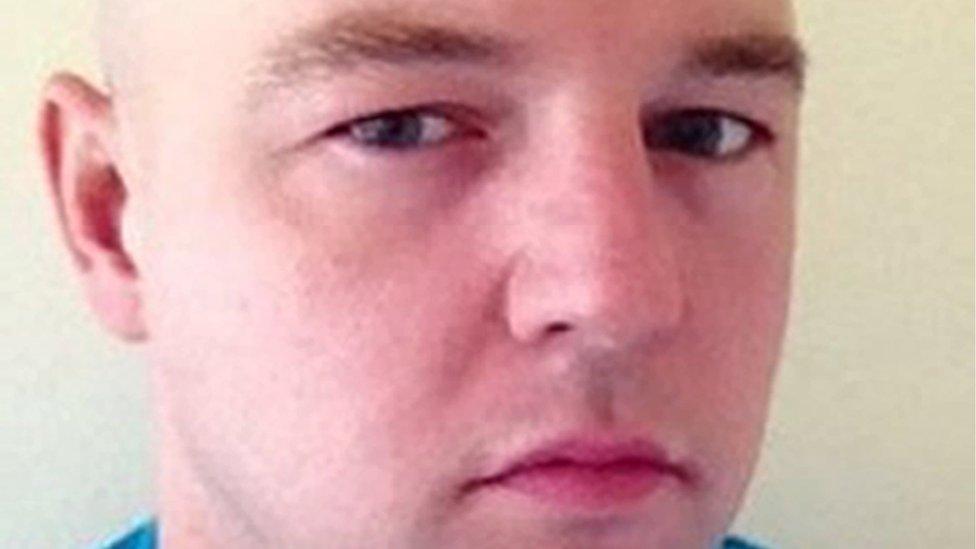
- Published27 November 2019
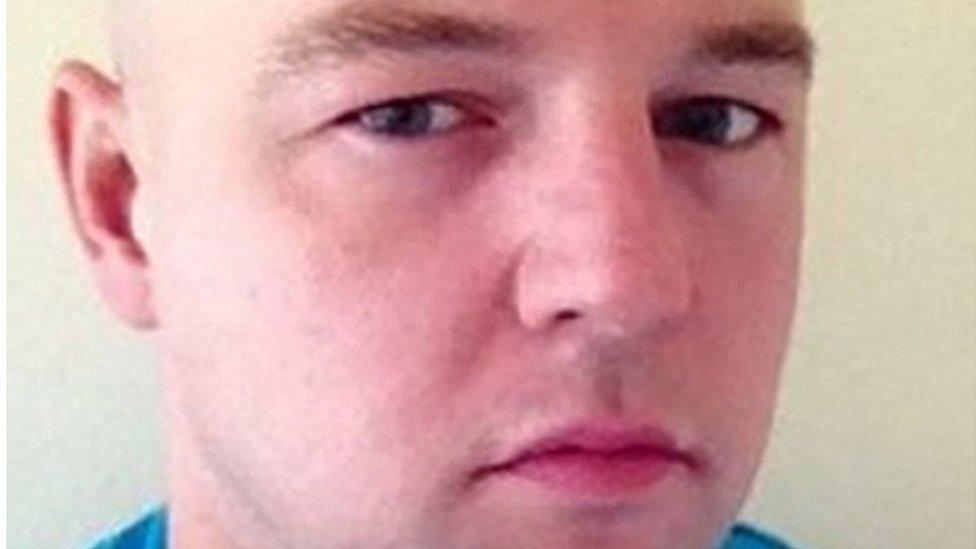
- Published26 November 2019
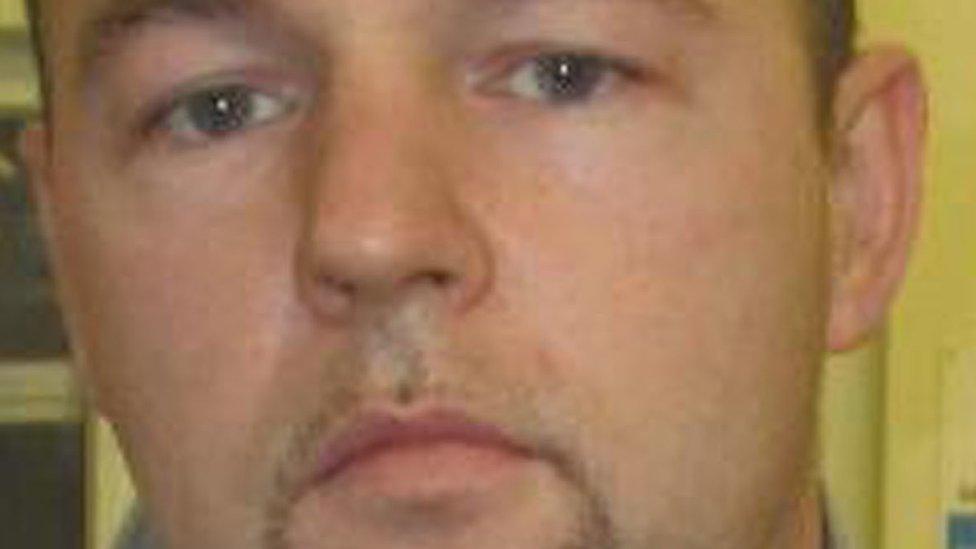
- Published25 November 2019

- Published20 November 2019

- Published19 November 2019
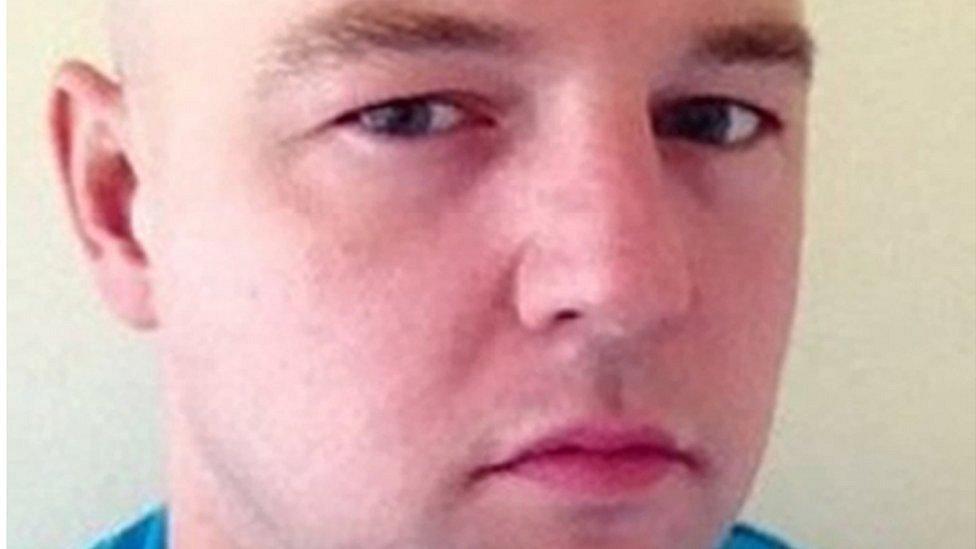
- Published18 November 2019
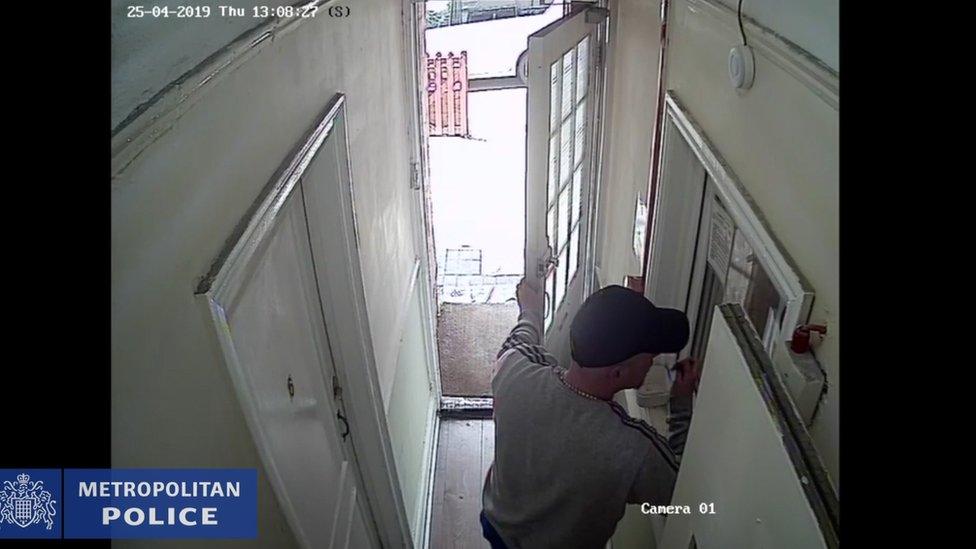
- Published14 November 2019
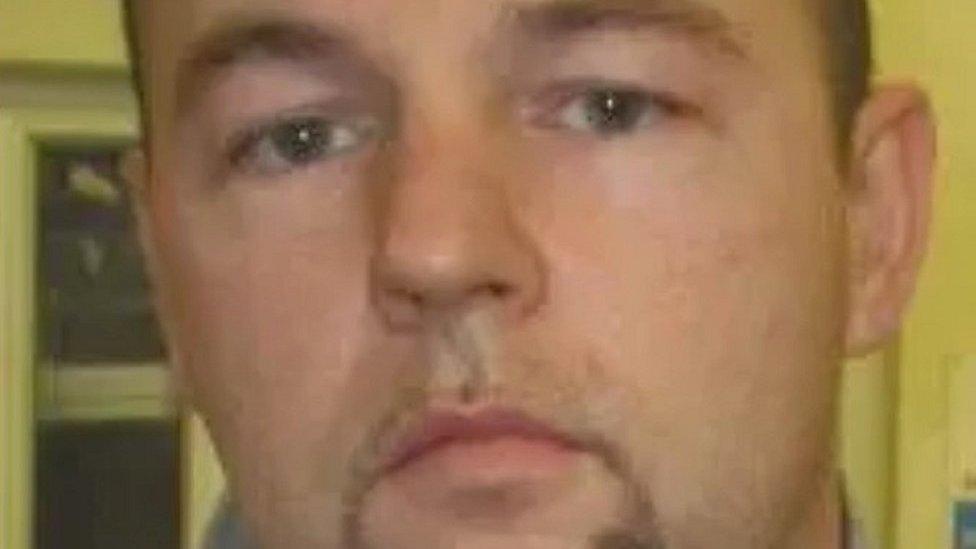
- Published13 November 2019
